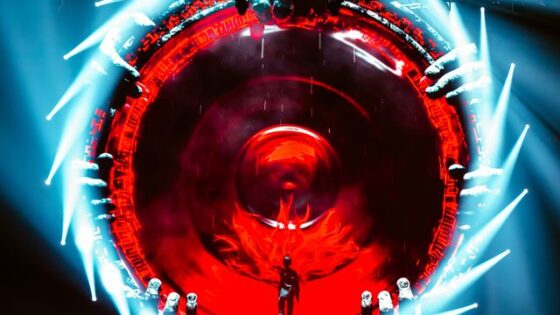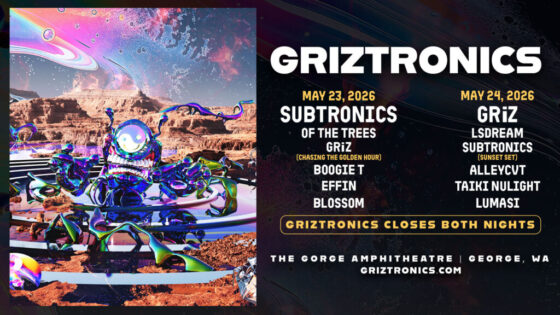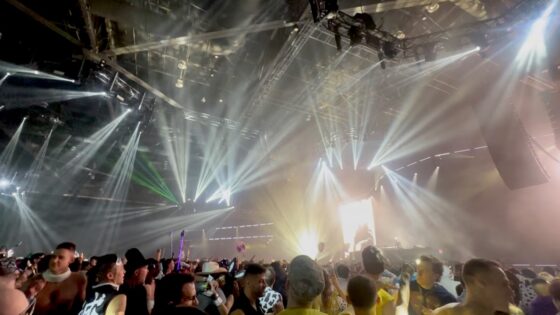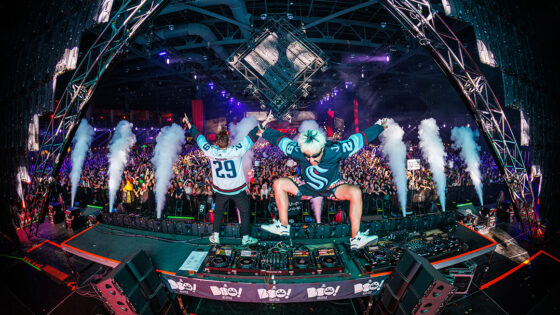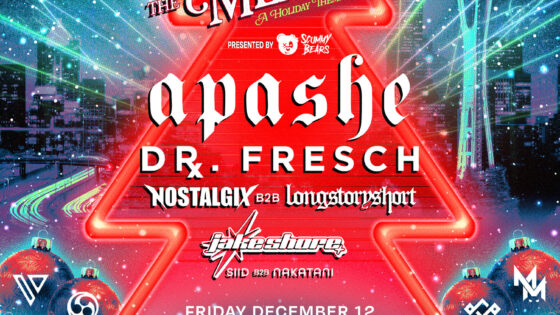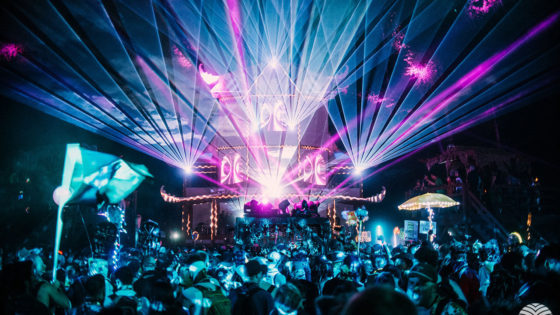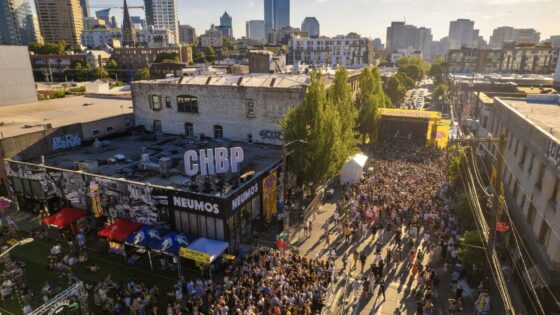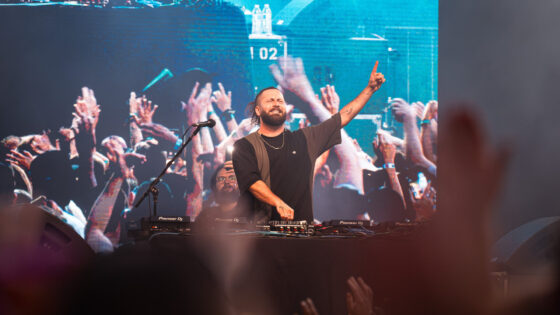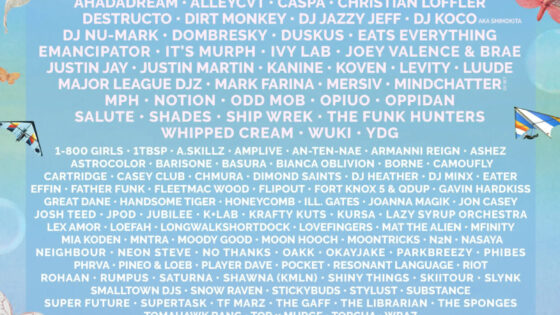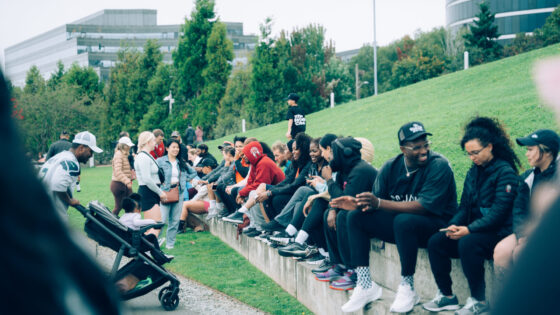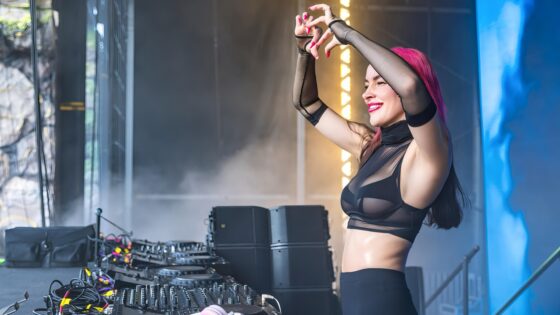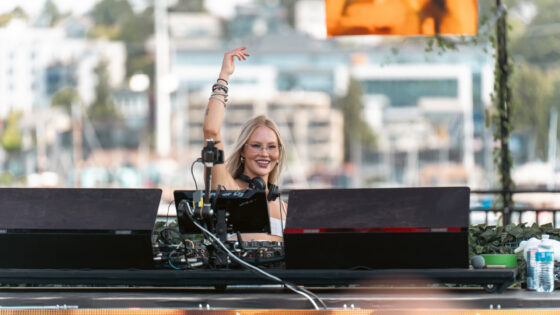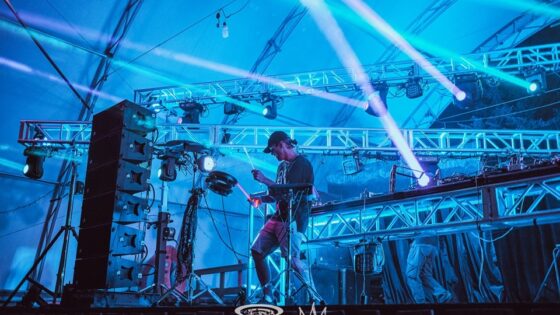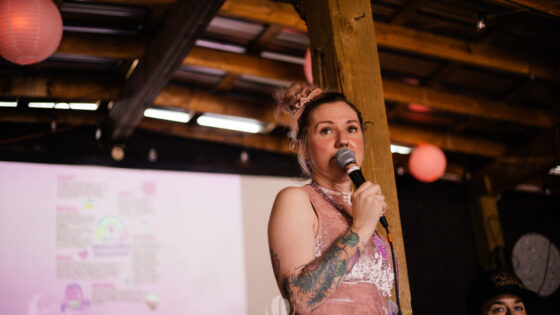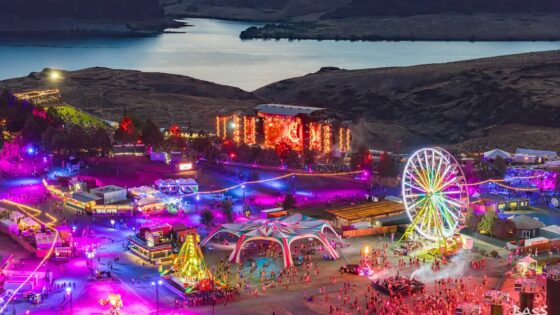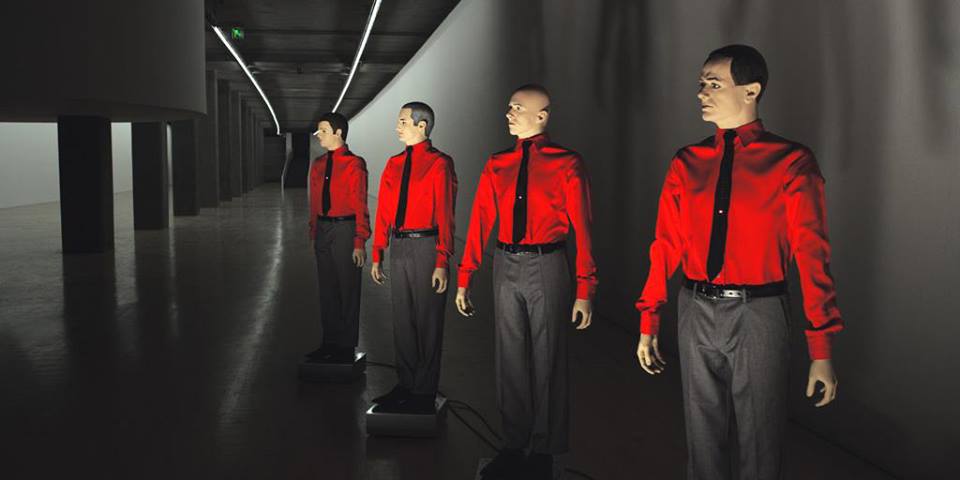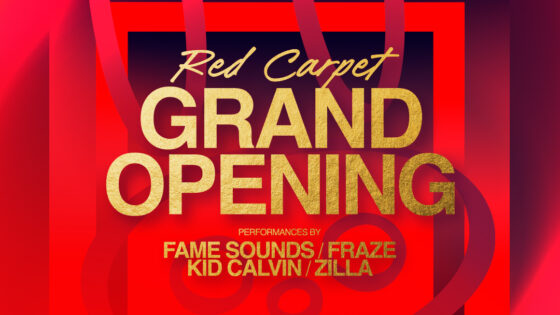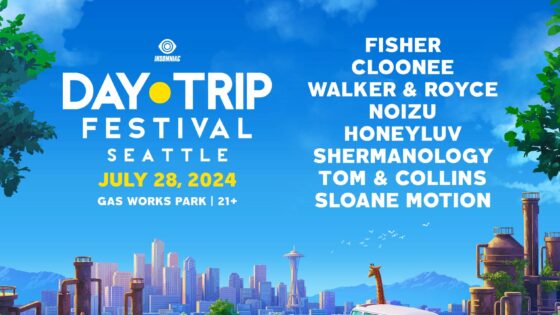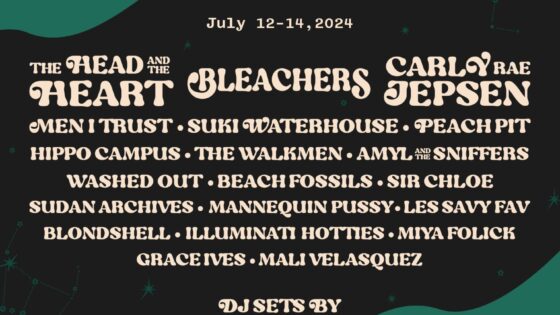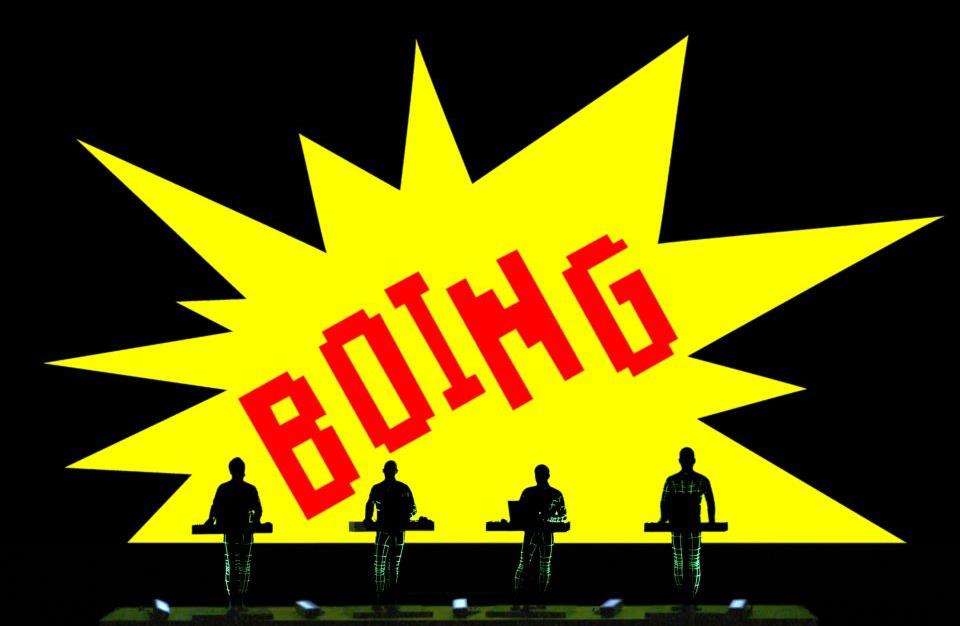
Kraftwerk
“Kraftwerk’s robotic, repetitive, all-electronic music influenced virtually every synthesizer band that followed in its wake. In the mid-’70s the German group literally invented the man-machine sound and image. In 1970 Ralf Hütter and Florian Schneider-Esleben, who had met studying classical music at the Dusseldorf Conservatory, founded Kling-Klang Studio. Their first recorded appearance together is on 1970’s Tone Float, the debut by a psychedelic kraut-rock quintet called Organisation. After leaving that group, Hütter and Schneider took the name Kraftwerk (“power plant”) and began experimenting with integrating mechanized sounds from everyday life into music. Following numerous lineup changes, during which two members defected to form the influential kraut-rock band Neu!, Kraftwerk was reduced to a duo. After Ralf and Florian (not released in the U.S. until 1975), the pair added Klaus Roeder and Wolfgang Flür.
They found immediate success with their first U.S. release, Autobahn, which went Top 5. The requisite hit was an edited version of the 22-minute minimalist title track about a monotonous journey along the famed German–Austrian superhighway. Kraftwerk’s next two LPs were paeans to such other modern-world wonders as the radio (Radio-Activity) and the train (Trans-Europe Express). David Bowie cited Ralf and Florian as an influence for his Low and “Heroes” albums. (There is some evidence that Bowie’s “V-2 Schneider” is a tribute.) Kraftwerk confirmed its cold, conceptualist image with “Trans-Europe Express” and “Showroom Dummies,” both of which became late-’70s disco hits. In 1977 the group toured the U.S. playing electronic instruments and dressed in mannequin outfits. The members later threatened to tour by sending over robots in lieu of themselves while they rested in their studio.
The Man-Machine featured more accessible music. Kraftwerk then disappeared for three years, not emerging until 1981 with the pop-oriented Computer World (#72, 1981), which stayed on the U.S. chart for 42 weeks and produced a #1 U.K. single, “The Model.” Meanwhile, the “Trans-Europe Express” melody and the rhythm of “Numbers” made their way into rap, on Afrika Bambaataa’s “Planet Rock.” After 1986’s Electric Café, Kraftwerk kept a relatively low profile, releasing only a best-of, The Mix.
Thanks to the flood of new techno, ambient, and experimental electronic sounds, in the ’90s a new set of fans embraced Kraftwerk’s catalogue and its ideas. The band headlined the U.K.’s Tribal Gathering concert in 1997 and has played select live dates, festivals, and raves. In 1999 the world exhibition organization Expo 2000 commissioned Kraftwerk to record “Expo 2000,” the event’s theme song. It doubled as a single.
This biography originally appeared in The Rolling Stone Encyclopedia of Rock & Roll (Simon & Schuster, 2001).” via. Rolling Stone
[textblock style=”2″]NOTE: There really hasn’t been any big updates on their new tour and practically all of their social media outlets are under-utilized. We’ll give it to Kraftwerk for being just as secretive as Daft Punk. We applaud you.[/textblock]
https://soundcloud.com/kraftwerk-music
Win Tickets
Important things happen in Pacific Northwest nightlife, and DMNW will send you alerts!

